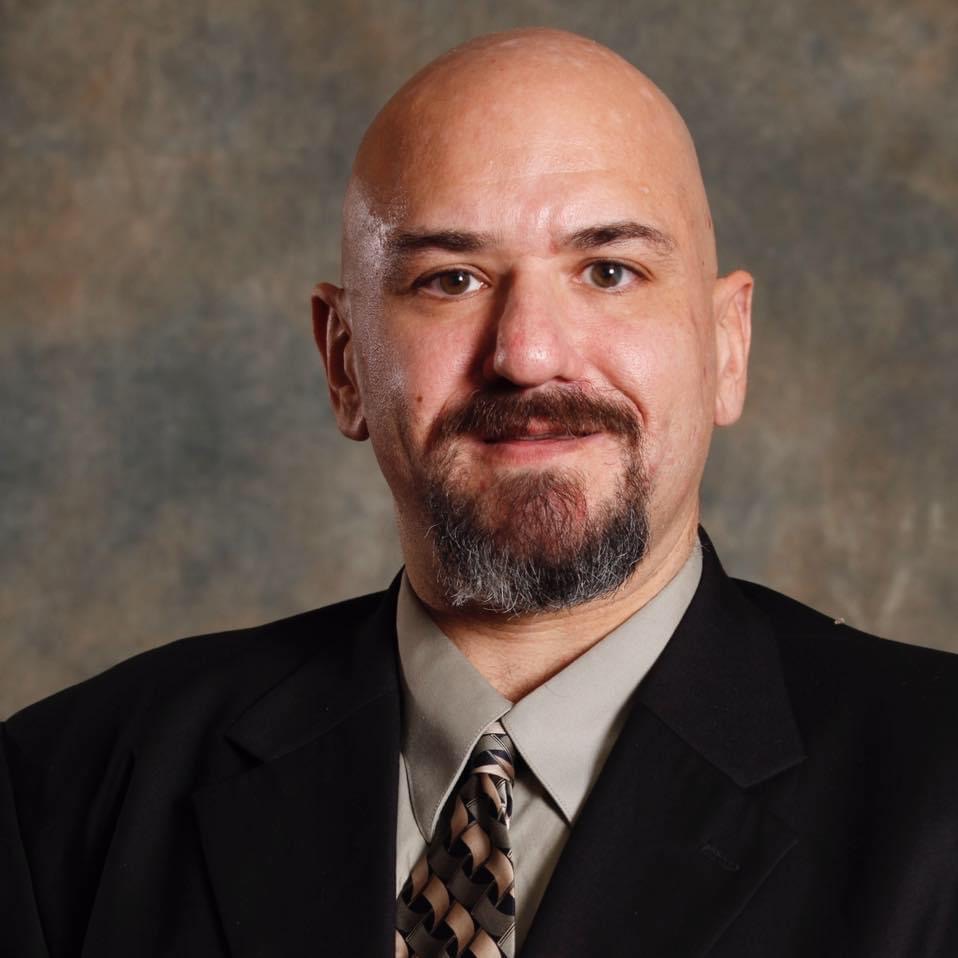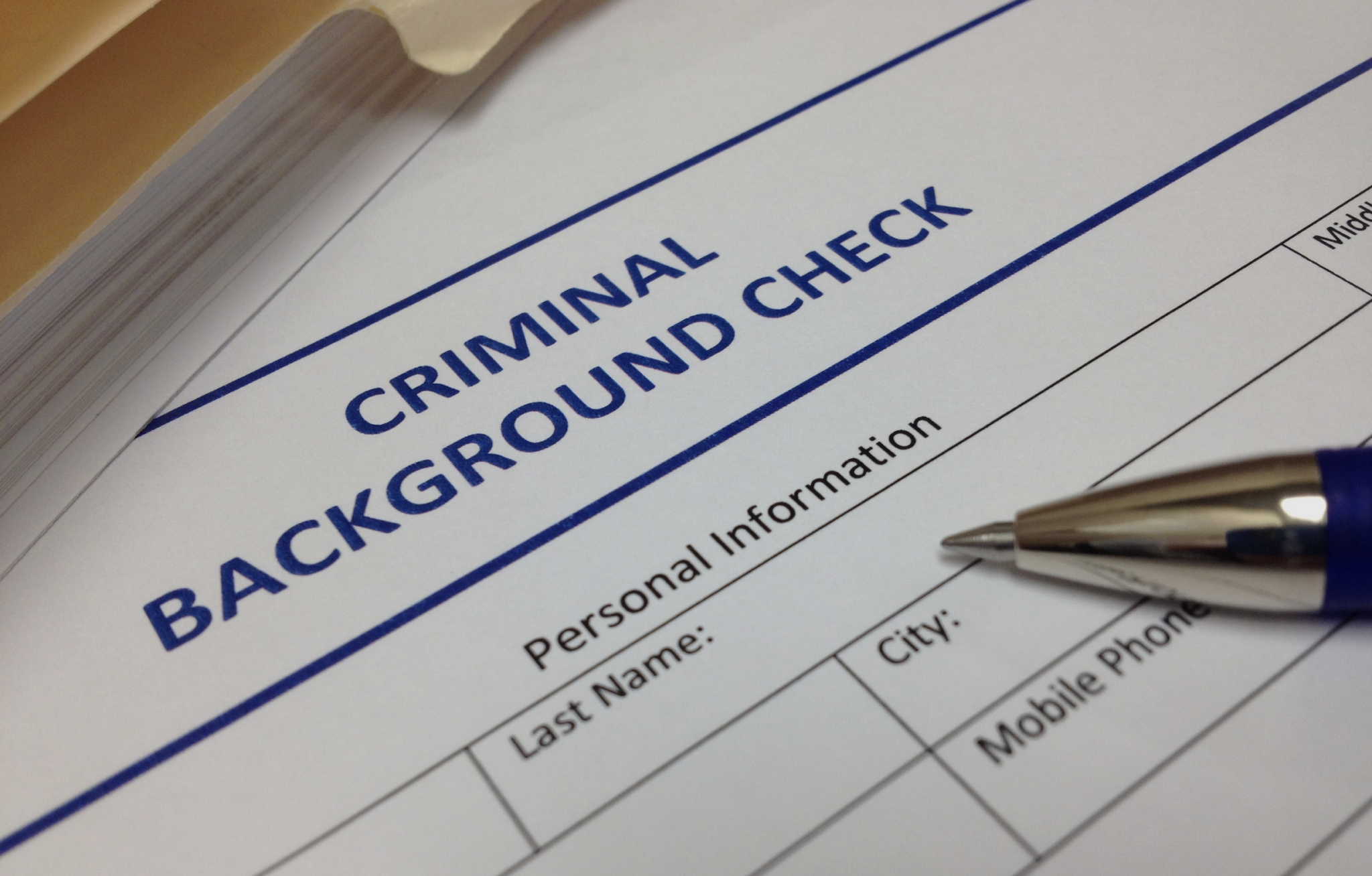The drug war inflicts further, lingering harms on the communities that it targets with police violence and mass incarceration. Even after a person leaves prison or completes probation, or even if they were not incarcerated, a criminal record subjects them to countless forms of debilitating discrimination.
These range from housing to banking, food assistance, educational opportunities, immigration status and more. When it comes to employment, while some states have “ban the box” laws, making it illegal to ask on a job application if you’ve been arrested or convicted of a crime, many more do not. The barriers formed can be lifelong—disproportionately in the communities of color that bear the brunt of the drug war.
For cannabis convictions at least, work is under way in many states, in the wake of spreading legalization, to eliminate such discrimination.
New Jersey legalized cannabis in 2021. After that, the state automatically expunged hundreds of thousands of eligible cannabis records. But hundreds of thousands more records were not included in that automatic process. Because of this, and the complications of the legal system, a person with a record will often need someone to fight for them in court.
That’s where Michael Hoffman, Esq., comes in. He’s an attorney dedicated to pursuing expungements of cannabis convictions in New Jersey, having previously served as a municipal public defender in his hometown of Vineland. He’s received accolades for his work, and has created a way to provide his services at no cost to people in need.
“I’ve had clients who’ve been denied a stay in an Airbnb, and had their deposits taken away, when the owner discovered a prior conviction.”
“Michael is the go-to advocate for those who have borne the disproportionate burden of low-level cannabis convictions in the Garden State,” Professor David M. White, a former defense attorney who serves on the Executive Committee of the New Jersey State Bar Association Cannabis Law Special Committee, told Filter. “No other New Jersey practitioner has done more to right these social justice wrongs.”
I sat down with Hoffman to ask him about his work.

April Wilson Smith: What is expungement?
Michael Hoffman: Expungement is an order by the court that treats a case against someone as though it never occurred. The court essentially places the fact that someone was arrested and all of the information related to conviction into a box. The only people who can see into that box are the courts, the police, the federal government and the person involved. If any of those three entities are asked what’s in the box by anyone else (such as a landlord, employer or credit bureau), they must say nothing, that there’s nothing in the box.
Does that mean that the conviction goes away forever?
That would be an erasure. An expungement is not an erasure because if the person is arrested in the future, that box can open.
What does having a cannabis conviction that hasn’t been expunged mean practically for an individual?
The psychological scar of having a criminal record stays with someone for their entire life, but the practical effects are like small cuts that you would never expect.
If you have a prior cannabis arrest or conviction, you are disqualified from public housing under federal law. That public housing can include dormitory housing, so if you go to college, you might not be able to live in the dorm.
It can affect your credit because lenders may look up your criminal record, so it may affect your ability to get mortgages, etc. Where it most often raises its head is that landlords will refuse to even consider potential tenants who have a criminal record.
“I’ve considered myself a glorified janitor. I’m cleaning up after the drug war.”
In New Jersey, as of February 2021, it was made illegal to use a former cannabis conviction to discriminate in banking, housing and employment. If it is substantiated, there are civil and potential criminal penalties for discriminating that way.
The multiple layers of expungement … are tools to completely deal with all of the past wrongs. I have had clients who have been denied a stay in an Airbnb, and had their deposits taken away, when the Airbnb owner discovered a prior conviction.
How did you get involved in this work?
I’ve been a practicing attorney for a little over 20 years. I came into the space of doing expungements after having been in municipal court for the better part of those years. I was representing people in minor drug charges and seeing the direct effect of those charges on them.
The ACLU did a study in 2017 of the criminal cases in NJ. They found that with equal levels of cannabis consumption, people of color were 3.45 times more likely to be arrested than white people.
Now that cannabis is legalized, there is still the mess of all of the records of arrests and convictions against hundreds of thousands of people. That mess needs to get cleaned up. I’ve considered myself a glorified janitor. I’m cleaning up after the drug war.
Can all cannabis-related charges be expunged in New Jersey, or are there some that you can never get off a record?
A minor drug charge that can be expunged would normally be considered possession of under 50 grams, but it could extend all the way up to possession up to about 5 pounds. If you have a conviction for a first- or second-degree offense, it can never be expunged.
New Jersey actually uses different words based on the weight of material an individual possesses. If it’s over 6 ounces, it’s called marijuana. If it’s under 6 ounces, it’s called cannabis. And if either has less than 0.3 percent THC, it could be classified as hemp.
Why do you think that is?
The terminology is very important to those of us involved in social justice because of the racist history of cannabis enforcement.
Going all the way back to the 1930s and the Marihuana Tax Act, Harry Anslinger, who was the director of the Federal Bureau of Narcotics and could be called the racist father of the drug war, began using the term “marijuana” for cannabis. Anslinger, whose racism is well documented, used the term to make people associate cannabis with people of Hispanic origin. He knew this would resonate with the generation who had been around during Spanish-American War times.
Why is work like yours needed, when New Jersey has implemented automatic expungements?
Five months after the [legalization] statute was passed, 362,000 cases related to cannabis were automatically expunged. An additional 88,000 cases were automatically dismissed. These were cases that were solely cannabis-related, meaning that there was no other charge involved.
But if you had a cannabis charge at the same time as another charge, even something as minor as a motor vehicle-related charge (like you were speeding), the charge wasn’t deemed eligible for dismissal or automatic expungement.
“I can measure how many people’s lives we’ve changed. As of today, that number is 64.”
There are so many ways to get two charges at once. For example, if you live in an inner city, almost everywhere you go is within a “Drug Free School Zone,” so being caught with cannabis in that zone would count as two charges. There are so many ways in which the system is rigged against the urban poor.
How does your work get funded?
I spent months working on a funding model that would allow me to do this work without charging my clients anything.
The cannabis companies need to show that they are engaged in social equity activities. The companies sponsor me to represent people and file their expungements. An expungement can be measurable proof of social equity [engagement].
I can measure how many people’s lives we’ve changed. As of today, that number is 64.
What obstacles do you encounter in your work?
Each case is reviewed by a county prosecutor in the county where it occurred. In most circumstances, the county prosecutor has the opportunity to object to the expungement. In some counties, the prosecutor objects to all expungements.
Most of the time, the county prosecutor has a significant amount of time to object. However, if there is nothing else on the person’s record and it’s just a cannabis case, the petition can go straight to the judge for approval. Then the prosecutor has 30 days to make a motion to vacate it.
Usually the prosecutor won’t make that motion, but in some cases, such as if the person had six drug charges and one was heroin, they could.
“They can now answer the question ‘Have you ever been arrested?’ with ‘No.’”
How can we get more people’s records expunged?
I think there needs to be more awareness. People need to know that it is possible to get their records expunged, what the process is, and to get help doing it. This is an accomplishable goal.
Articles like this help raise awareness. Expungement clinics, where attorneys set up a time and place for people to pre-register or just come in off the street to file the expungement petition, help. I’ve held expungement clinics everywhere from Jersey City to Atlantic City to Camden to Trenton.
How do you feel about what you do?
This is the most rewarding work I’ve ever done. I sent out two orders this morning to people, and when they get those they are more thankful than you can imagine. Each has had their life changed. They can now answer the question “Have you ever been arrested?” with “No.”
Top photograph via pxhere/Public Domain. Inset photograph courtesy of Michael Hoffman.





Show Comments